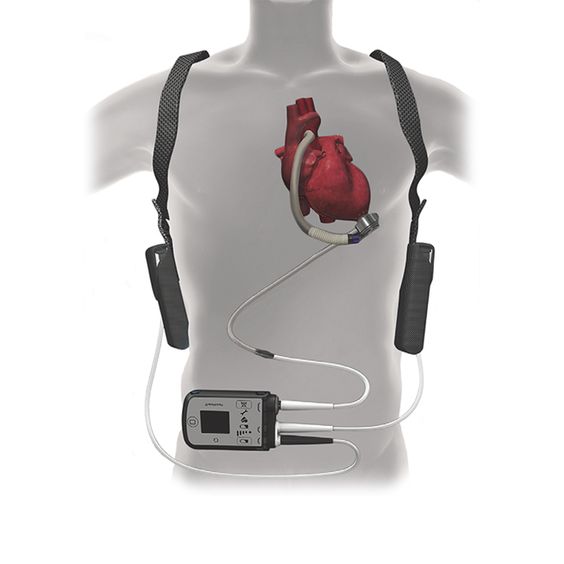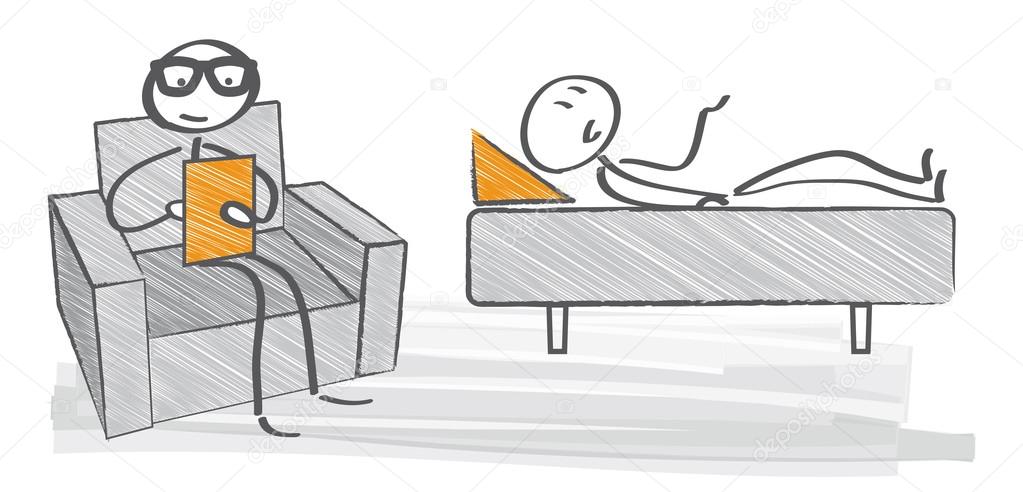This is part two of a four-part story written by a good friend who had a successful heart transplant in 2013. Here you can learn about what it takes to become an “A” candidate who lives in a hospital so that there is no wait when a proper donor organ becomes available due to a tragic situation for the donor. The first part is available here: Reflections of a Heart Transplant Survivor.

Unplained Retirement
I was sitting in a hospital bed in Syracuse when my cardiologist told me that as of today I’m retired. This was not planned. I wanted to work until I turned 62. I would then get into shape, lose weight, and enjoy an active retirement as a snowbird between Syracuse, NY in the summers, and at my condo on the Space Coast in Florida during the winters. My cardiologist gave me another ending to my story.
There would be no reconciling our two different versions of my future. I admit I never was really listening. Years ago he told me to stop drinking. “Drinking was no good for my heart.” I did not immediately believe his science. I chose to listen to the conventional wisdom of “everyone says” which believes that glass or two of wine every day was good for your heart. A heart has two systems. In system one, most heart patients have circulation obstructions that can be mitigated by lowering cholesterol and losing weight. Wine helps this too.
It was too late when my doctor said my heart problems were from system two, the system that carries the signal throughout the heart and tells it when to beat. I had a pacemaker but the signal never made it through the damaged muscles in my heart carrying the instruction to beat and my heart was enlarged like a weak balloon. The ejection of blood was insufficient. New valves wouldn’t help because the surrounding tissue was too worn. This condition was aggravated by alcohol.

The Hot Potato Express
My local doctor was sending me to the University of Rochester’s (U of R) Strong Memorial Hospital in Rochester, NY (about 90 miles away) to get an LVad or an artificial left side heart pump. He was also dropping my case and handed it off to a Cardiologist from the U of R after telling me my liver was failing. The “hot potato case express” ambulance took me between cities and hospitals. I needed an ambulance because I had a portable system injecting milrinone into my veins to boost my heart’s output. I was going to be on this med till my transplant and there is no oral substitute.
When entering the heart transplant unit, it looked and sounded like a casting call for the original Star Trek and it was apparent that I was in the hands of world-class staff. After my tests, my new doctor informed me that I did not qualify for this LVad because the right side of my heart was too weak and additionally because of liver damage. (My former Cardiologist believed I was an alcoholic.) That meant I could not enter their transplant program. I was advised to try another transplant hospital.
I was sent home with my new portable life support system and a new inter-cardio defibrillator (ICD) enhanced pacemaker that was capable of administering a defibrillating shock. My wife Carol was taught how to refill my daily dose medicine injector system and change the batteries. I wanted to qualify for Rochester’s transplant program because their success rate was, by my reckoning, about 50% better than the national average. I concluded that because the U of R needed to keep their certifications and they had to meet the national averages; they only accepted less risky cases. They implied that other major transplant centers who do many times more transplants might accept cases the U of R would not.
Becoming a “B” Candidate
In order to qualify for the U of R transplant program, I had to correct the record. My heart could not support the LVad so a transplant was my only course of action. It was easy to quit drinking almost a year before these things developed to this point. I just decided to stop and I felt justified contesting this medical assessment of alcoholism. Fortunately, the liver specialist from the U of R in a different hospital in a different city took a biopsy of my liver and concluded that my liver damage was from a medication I was prescribed. After I agreed to accept counseling I was admitted to the transplant program as a “B” candidate.
An “A” candidate was a candidate living in the hospital waiting for a donor through the United Network of Organ Sharing (UNOS). A “B” candidate was living at home and had to be no more than two hours away from the hospital if a local heart was available. Statistically, this was not likely as out of approx 160 transplants at this hospital they had only done three “B” candidate transplants. Unless a Donor is local, UNOS will be the one who prioritizes and decides which candidate will receive an available organ for transplant. Rest assured that if you are a patient, your doctors do not know if you are an organ donor so be sure to let them know. For information about how to sign up for organ donation visit DMY.org.

My counselor had to convince me to convince myself that a disease is a condition that causes bodily damage and produces symptoms. After he “advised me” to attend AA meetings I could only admit to being “an alcoholic” because alcoholism is a disease. That factual diagnosis does not necessarily reflect on one’s character. (I stopped attending AA after I got my heart.) Since my transplant, I haven’t had anything more than a taste of rare or excellent wine and I’ll let someone else give that condition a name. Alcohol will probably ruin my new heart so I’m not drinking.
The Benefits and Downsides of Portable Life Support
While I was waiting to enter the program as an “A” candidate; I visited our local Social Security office. I believe that because I showed up with my portable life support system injecting my meds; my case for SS disability was approved within days. Also, when I caught an infection, I was temporarily ineligible as a “B” candidate so Carol and I visited our Florida condo for the first time in over a year. The benefit of bringing a portable life support system into SS was canceled by the hassle of getting a system with a liquid reservoir through airport security. They had me isolated to be cleared to board and we were almost late for our plane before they let us on. Incidentally, before CoVid I learned that wearing a face mask inspires an airport crowd to move over and allow you to pass unmolested.
The U of R also required me to be approved by a psychologist for the transplant program. My cardiologist sensing my terror told me not to play any games and just be myself. That part of qualifying was covered with a passing evaluation in spite of my answering questions about experiments with drugs when I was much younger. I should have not mentioned that when I was in my teens LSD was actually legal. Sometimes having a doctor younger than you is a good thing.
My cardiologist finally scheduled me for tests and admittance to an “A” candidate residence in the Hospital. I had everything I felt I might need for months of waiting in a hospital but my newest reason for rejection into the program was that some of my test numbers were too good. I attribute this to my daily exercising on my stationary bike. I guess their average candidates didn’t reflect the effects of exercise.

Congratulations, You Can’t Go Home
The next time I was scheduled for an evaluation, Carol and I were not expecting admission so when they sprung on us that they weren’t letting me go home we had to call a friend to shut the crockpot off in our kitchen. All I had were the clothes on my back and now Carol had to put together everything I would need to live months in a hospital and carry it the long way up to the transplant ward.
The time frame from my finding out I was retired to when I became an “A” candidate for a transplant was six months (Oct 2012 to May 2013). As it turned out, the U of R Strong Memorial Hospital would be my home until December 2013. I was fortunate to have the means and support to achieve qualifying for this exceptional transplant program and in addition, I could correct the record on my tests and evaluations that would have otherwise disqualified me. Rejection from this program was not absolute. Persistence and faith were what I needed to prevail.
My next installment will be about what it takes to survive for months in a hospital and keeping a positive attitude when nothing is guaranteed.





